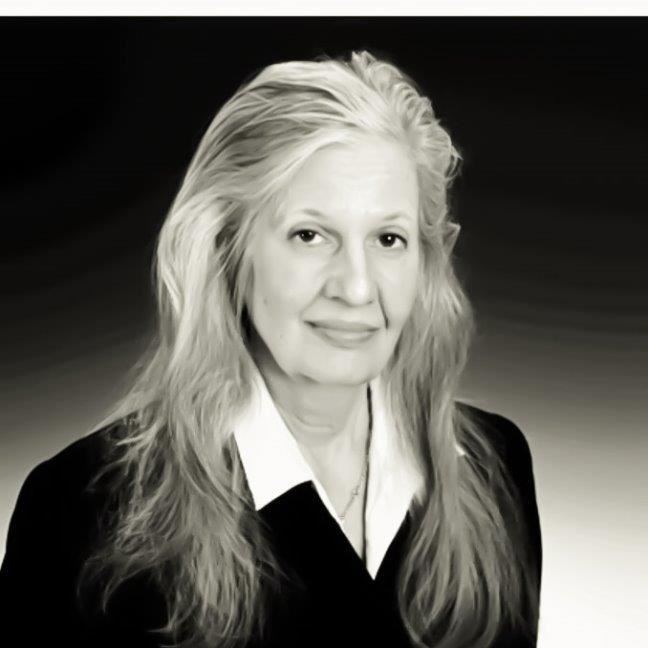Featured Topics
Featured Products
Events
S&P Global Offerings
Featured Topics
Featured Products
Events
S&P Global Offerings
Featured Topics
Featured Products
Events
S&P Global Offerings
Featured Topics
Featured Products
Events
Our Methodology
Methodology & Participation
Reference Tools
S&P Global
S&P Global Offerings
S&P Global
Our Methodology
Methodology & Participation
Reference Tools
S&P Global
S&P Global Offerings
S&P Global
09 Dec 2020 | 19:32 UTC — New York
Highlights
Canadian refiners add biofuel capacity ahead of 2022 CFS
New Montreal plant will use non-recyclable waste as feedstock
New York — Canadian refiners Suncor and Shell have partnered with Enerkem to build a biofuel plant in Varennes, Quebec, which will use non-recyclable waste as feedstock to make advanced biofuels and renewable chemicals.
The proposed plant will support Quebec's stated objective to reduce economic dependence on fossil fuels by 40% by 2030 while increasing supply of biofuels in the province ahead of Canada's federal Clean Fuel Standard (CFS) set to begin in 2022.
"This plant will produce one of the lowest carbon-intensive fuels by diverting non-recyclable waste as well as wood waste materials from landfills and through access to green electricity and green hydrogen and oxygen," said Enerkem in a Nov. 8 statement.
"These products enable society to reduce consumption of traditional hydrocarbons used for transportation and in everyday products," the statement added.
The new plant is expected to convert more than 200,000 tonnes of non-recyclable waste and wood waste to produce about 125 million liters of biofuels annually, while contributing to a greenhouse gas emissions reduction of taking about 50,000 cars off the road annually.
Local utility Hydro-Quebec will supply hydrogen and oxygen for the plant to be built in the greater Montreal area, where Suncor operates a 137,000 b/d refinery.
Proman, the world's second largest methanol producer, is also a partner in the project that will produce bio-methanol.
Suncor first partnered with Enekem in 2019 with a project in Edmonton, Alberta. Enerkem Alberta Biofuels was the first commercial plant to turn non-recyclable, non-compostable mixed solid waste to cellulosic ethanol.
"Over the last few years we've worked together to help ramp up the Enerkem Alberta Biofuels plant and now looking to Varennes, we're excited to progress the production of biofuels domestically and internationally," said Martha Hall Findlay, Suncor's Chief Sustainability officer.
The Enerkem Alberta Biofuels plant "is now responsible for diverting about 30% of Edmonton area waste," said Tudor Pickering Holt analyst Matthew Blair in a research note, adding that Shell Canada's parent company is also partnering with Enerkem.
"[Royal Dutch Shell] has partnered with the company on its plant in Rotterdam that, when complete, will have the ability to convert up to 360,000 tonnes of waste into 270 million litres of biofuels annually," he said.
"This project adds to [Royal Dutch Shell's] extensive pipeline of renewable energy projects within its New Energies portfolio, while for [Suncor] it adds to investments in Alberta based cogen and wind facilities in recent years, among others," he added.
Quebec's clean air initiatives are in place and the province currently offers offset credits, similar in nature to California's Low Carbon Fuel Standard credits allowing Quebec fuel distributors can buy credits to offset the emissions. Quebec linked its system with California in 2014, allowing cross-trading of credits between the two regions.
Fuel distributors like Suncor and Shell are subject to Quebec's Cap-and-Trade System, introduced in 2012 and includes industry as well as most fossil fuel combustion, which represents up to 85% of provincial emissions.
With Canada's federal Clean Fuel Standard set to begin in 2022, the policies driving demand for low carbon fuel are offering "strong incentives" for biofuels projects, according to Jennifer McIsaac, lead analyst of Emissions and Clean Energy with S&P Platts Global Analytics.
Canada's CFS encompasses more than just transportation fuels but will begin 2022 "with the liquids stream starting first," she said.
Proposed final regulations for liquid fuels were delayed to late 2020, because of the coronavirus pandemic, according to Canada's Clean Fuel Standard website.
However, the CFS will offer fossil fuel producers three major ways of complying with the mandate and generating credits. Fuel producers can create credits by reducing the carbon intensity of fossil fuels through its lifecycle through process improvements, producing low carbon fuels and end-use fuel switching.
"These actions could be taken by liquid fossil fuel primary producers (e.g. refinery) and by voluntary credit-generators upstream or downstream of the refinery (e.g. oil sands producer," according to the Clean Fuel Standard's Cost-Benefit Analysis Framework .
Demand for renewable diesel under Canada's CFS is expected to be about 375 million gallons of diesel equivalent by 2025, according to Platts Analytics forecasts.
